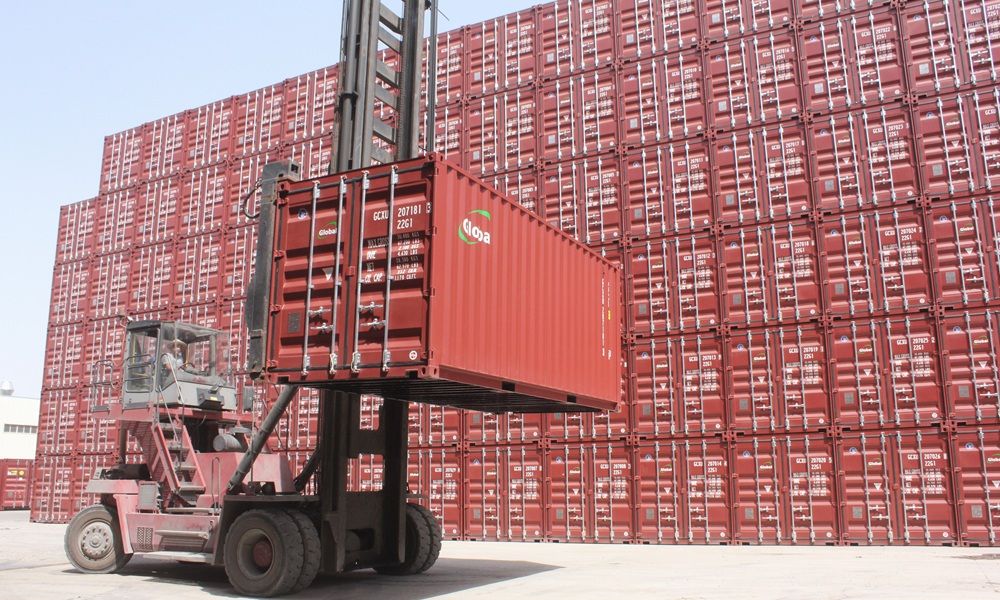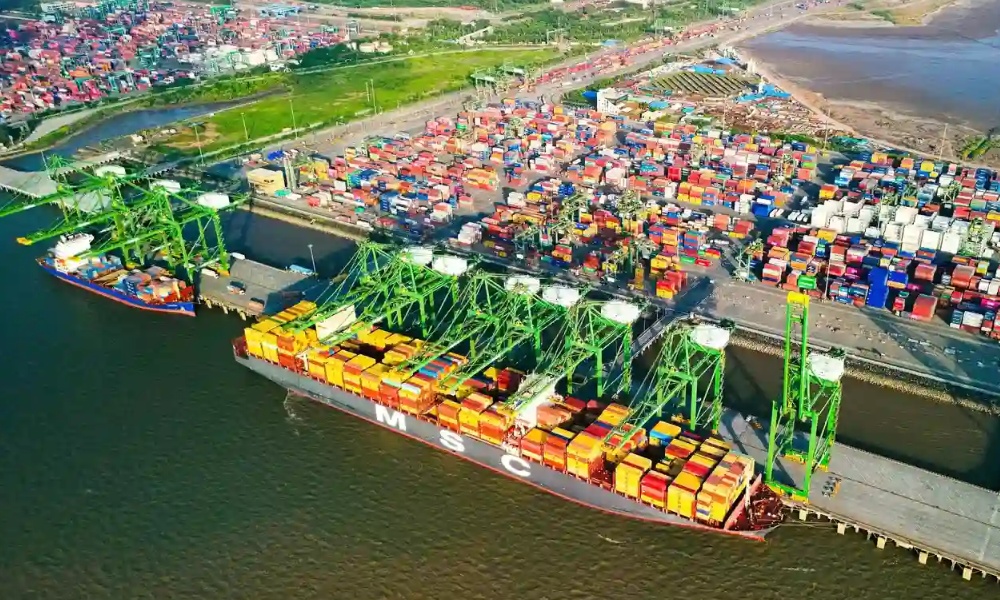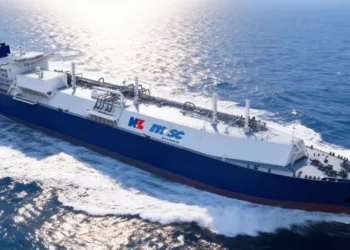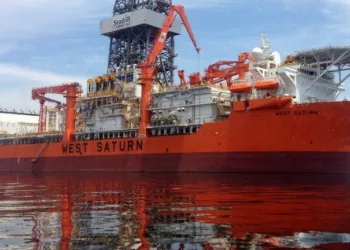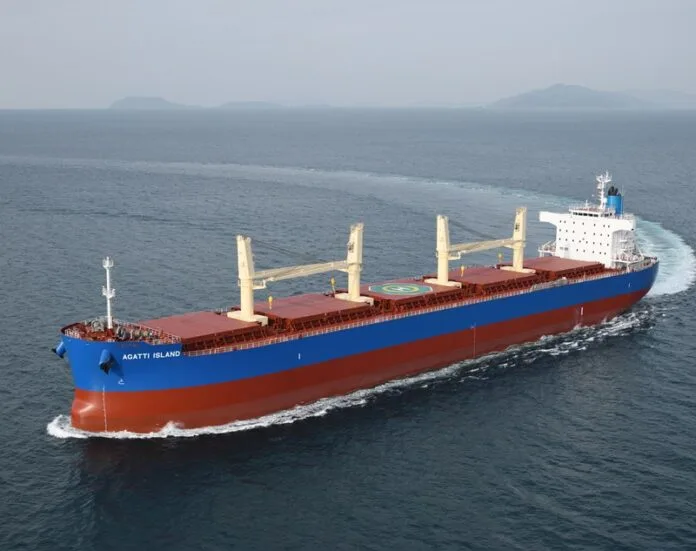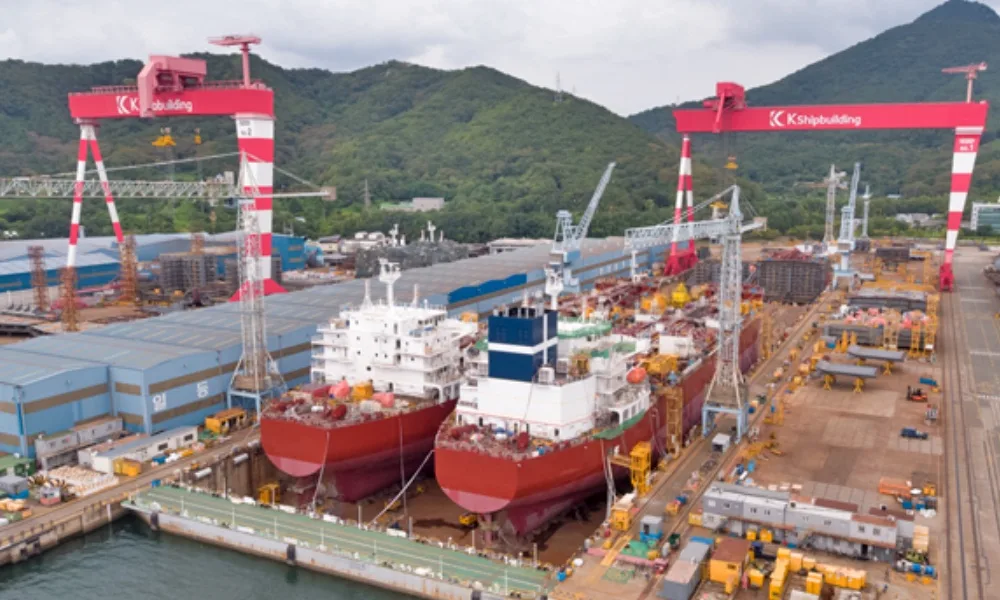Shipping markets have profited from turbulence in this decade, but far bigger changes are coming in the years ahead, argues Tim Smith, a director at Maritime Strategies International.
As we approach the mid-point of this decade, from a shipping market fundamentals perspective the most important factor of the 2020s so far has been disruption.
The big disruptions this decade started with the Covid pandemic, followed by the Russian invasion of Ukraine and conflict in the Middle East, leading to avoidance of the Red Sea/Suez Canal and diversion around the Cape of Good Hope for many ships.
From a political perspective, the world order also continues to change. Donald Trump’s return to the US presidency signals the potential for a more conciliatory position with Russia, the imposition of tariffs on China (and beyond), more pressure on Iran, and the stoking of a division with the historical allies of the US.
With the rise and expansion of the BRIC+ countries, further splintering in the global order, probably exacerbated by economic protectionism, will be the likely political evolution. Areas such as Taiwan and the Straits of Hormuz provide plenty of potential for even greater turbulence in the future.
Despite the often mostly unwelcome events that have been the primary cause of global disruption to shipping market cargo flows and deployment patterns in the 2020s, the result has often been an increase in demand, due to vessel and cargo re-routing. Shipping is, after all, necessary due to fundamental geographical dislocations between cargo demand and supply. Exacerbate these via geopolitical tensions and shipping demand, more often than not, goes up.
We can see this in the premium in growth observed for ship demand, incorporating cargo volumes and distances, versus the standalone cargo element, in the 2010s and the 2020s. According to MSI data the annual average difference in growth between ship demand and cargo volumes over the period 2020-2024, has seen ship demand increase by about double the rate of cargo growth on average across the tanker, dry bulk, container, and LNG sectors compared with the period 2010-2019.
This implies increasing average distances and/or increases in other ‘efficiency’ factors such as port delays and slow-steaming, illustrating the positive influence of disruption on shipping demand in the first half of the 2020s. This upside to demand has translated into higher earnings, and the 2020s have generally been prosperous, albeit volatile, years for shipowners.
However, can the disruption we are seeing today be predicted, projected or relied upon? The answer is no. We cannot tell what is coming next in terms of geopolitical events, and indeed when they do occur, how long the ramifications for shipping will last. No one can, and therefore when commentators suggest we are in a ‘new era’ for shipping earnings, based on the higher demand witnessed from such events, they should be viewed if not with scepticism then at least with conditional caveats.
China changes
If shipping markets in the 2020s can be characterised by disruption, then the two decades prior could similarly be defined with one word – China.
Without the growth in Chinese demand for commodities, manufactured exports and shipbuilding capacity witnessed since the start of the millennium, the shipping world would be an entirely different place.
China’s demand has been a solid factor supporting shipping markets amid economic and political upheaval, pandemic and war. But this drive was, at least initially, itself a disruptive factor.
The opening of China’s economy, often marked by the country’s accession to the WTO in the early 2000s, changed the shipping game. Since then, the industry has become in large part dependent on ever-expanding Chinese demand.
For large oil tankers and dry bulk carriers, this is put in stark relief when we consider that Chinese imports of crude oil and iron ore do not just constitute the majority of global incremental import growth in these sectors over the period 2000-2024. Due in part to declines elsewhere, they exceed it.
Could this era of expansion go into reverse? In MSI’s view, the answer is yes.
This is not due to some economic catastrophe, even though China has been experiencing a more sombre macroeconomic environment in recent years, and we can’t discount the possibility of major recession in China or elsewhere.
Rather, there are structural shifts in China’s economy which will reduce demand for some of the major commodity types it will import. Perhaps the two of the most important of these trends are reduced rates of urbanization and increased vehicle electrification.
Vehicle electrification is happening faster, and at greater scale, than in any other market. For the period January-September 2024, sales of electric vehicles (EVs, including battery electric and plug-in hybrids) were 7.4m units, up 46% yoy. July was the first month where EV sales in China exceeded conventional car sales. China was the first country to register over a million EV sales in a month in August last year.
As the Chinese vehicle fleet is at the start of a major transformation process, so China’s urban development is approaching the end of one. Over the last 50 years, China’s urban population has increased from 17% to about 66% – two-thirds of the total population.
Urbanisation rates in populous, developed countries appear to trend towards and stabilize close to 80%, a level we expect China to reach by 2040.
With fundamental drivers for trade – steel production and oil demand for transport – slowing or declining, two big engines of commodity shipping trade – China’s iron ore and crude oil imports – will start to go into reverse gear. In each case we are expecting peak levels to be reached later this decade.




